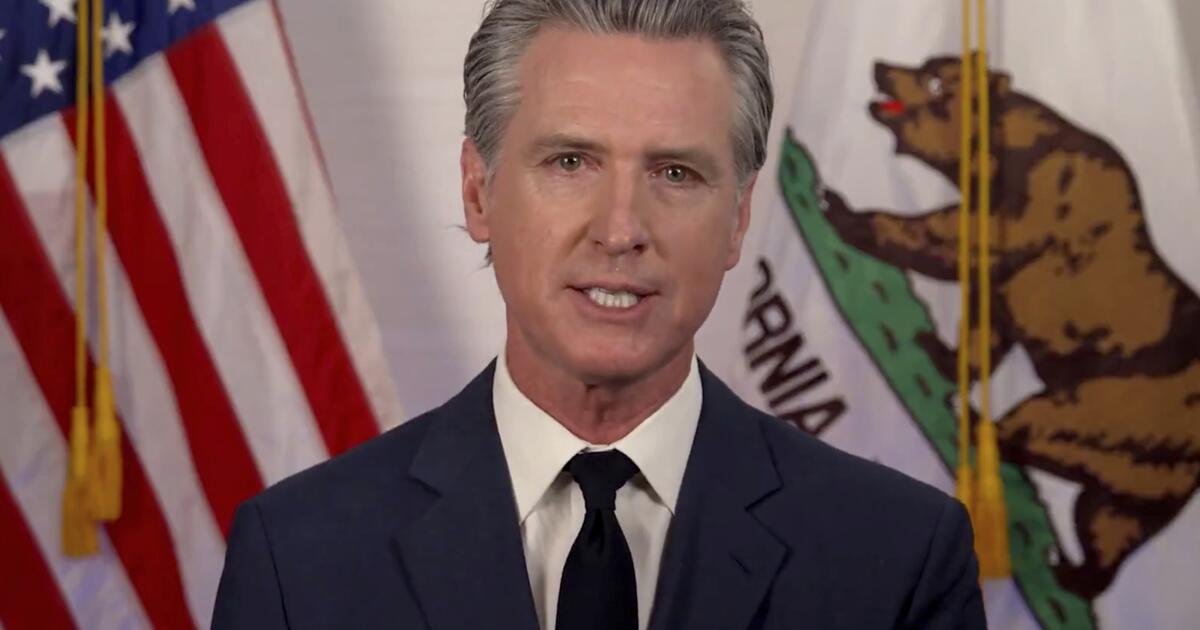It seems that many Americans are finding a little hope amid the chaos of President Donald Trump’s trade war. Recent data suggests that consumer confidence is slowly picking up. According to the latest survey from the University of Michigan, consumer sentiment rose by 16% this month, reaching a score of 60.5. This is the first increase since December, breaking a long stretch of pessimism during Trump’s tariff battles.
The rise in confidence seems to stem from easing trade tensions compared to earlier this year. Joanne Hsu, the survey’s director, noted that consumers are gradually recovering from the shock of high tariffs announced in April. However, many still worry about the economy’s future, citing various risks that could sway their outlook.
Despite this recent uptick, consumer sentiment remains about 20% below December levels. If trade tensions resurface, people may become anxious again. As of now, Trump’s administration is still in the midst of complicated trade negotiations. Recently, they reached some agreements with the UK and China, but many deals are still pending, with tariffs scheduled to resume next month.
Trump’s approach has drawn significant attention, as the tariffs represent one of the steepest increases in U.S. import taxes in the last 200 years. Further complicating matters, a recent federal ruling questioned the legality of these tariffs. While a lower court had deemed them unlawful, an appeals court has allowed most tariffs to remain in place, indicating an ongoing legal battle.
Consumer confidence affects spending, which is vital for the U.S. economy. Though sentiment has dipped, it hasn’t always accurately predicted spending trends. For example, consumer spending only increased by 0.2% in April, a sharp decline from March’s 0.7%. Despite the uncertainty, spending patterns can change based on other factors, such as job stability and wage growth.
According to many economists, the strength of the labor market is key. As long as people have jobs and their wages are keeping pace with inflation, they are more likely to keep spending. Recent statistics show stability in the job market, but any shifts there could significantly impact consumer habits.
In a time where social media is buzzing with discussions around the economy, many users express both hope and concern about the future. Tweets and posts reflect a mix of optimism about easing tensions and anxiety over potential spikes in tariffs.
For those looking to understand the broader implications of these developments, various reports, including studies from [The Brookings Institution](https://www.brookings.edu), examine how political decisions affect economic trends in deeper ways. With the landscape in constant flux, many are keeping a close eye on the next steps in trade policy and the potential impact on everyday life.




















